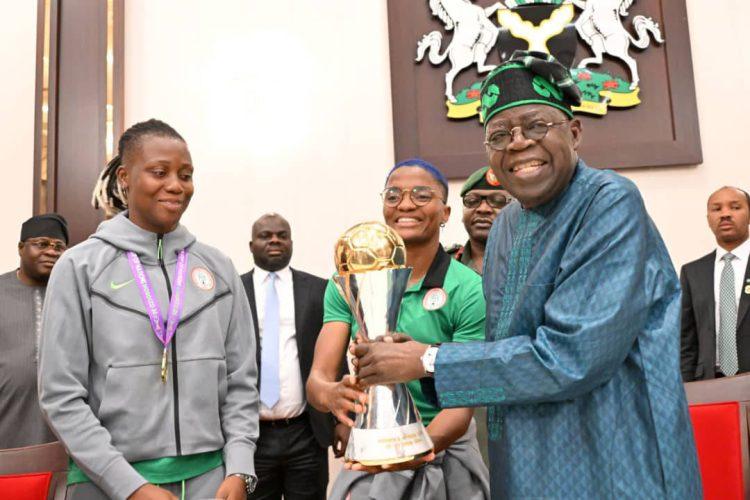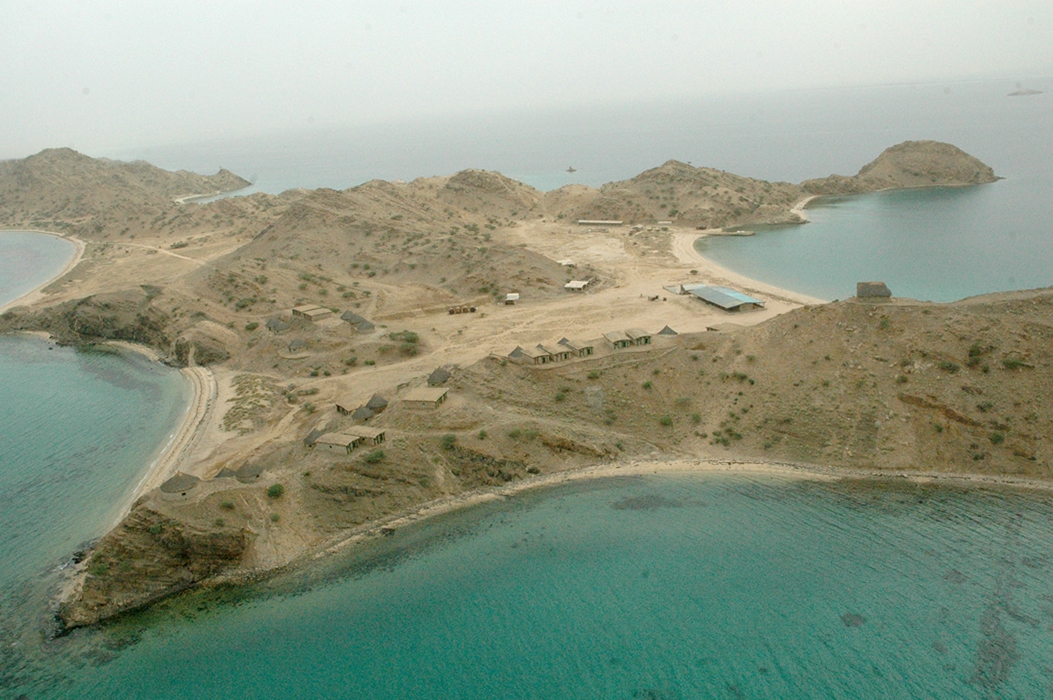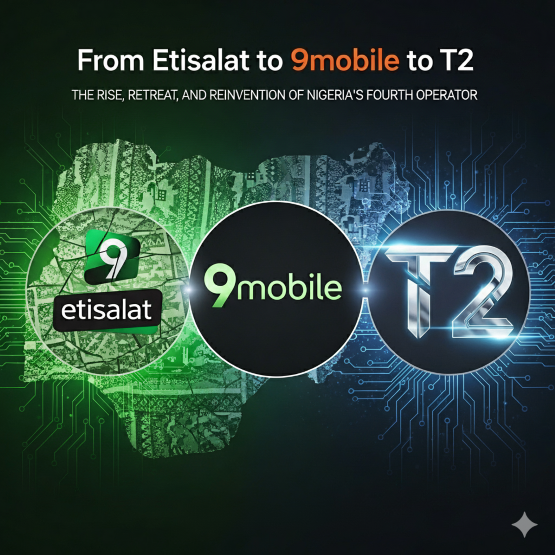WAFCON Champions: Super Falcons' Historic Win Ignites Celebration & Lucrative Bonuses

Nigeria's Super Falcons secured their historic 10th Women's Africa Cup of Nations (WAFCON) title, completing 'Mission X' through a dramatic 3-2 comeback victory over hosts Morocco in Rabat. This monumental triumph ignited widespread national celebration and prompted an array of unprecedented rewards from the Nigerian government and other key stakeholders, signaling a significant shift in the recognition of women's football in the country.
The WAFCON final was a pulse-pounding spectacle. After falling to a 2-0 deficit in the first half, the Super Falcons, under the guidance of interim head coach Edwin Madugu, staged a remarkable second-half resurgence. Madugu, a seasoned coach with previous WAFCON titles as an assistant, masterminded tactical adjustments that included aggressive pressing, cutting off Morocco's wing play, and asserting control over the midfield. Key players like Esther Okoronkwo spearheaded the attack, and Jennifer Echegini sealed the victory with an exquisite free kick, culminating in a breathless and awe-inspiring win. This tactical masterclass by Madugu, contrasting with Morocco’s coach Jorge Vilda's initial dominance, solidified Nigeria's status as Africa's queens of football.
The victorious Super Falcons were immediately showered with substantial recognition. The Confederation of African Football (CAF) awarded Nigeria a record-breaking $1,000,000 prize money for winning the 2024 WAFCON, translating to over ₦1.5 billion and doubling the previous edition's prize. President Bola Ahmed Tinubu announced individual cash gifts of $100,000 (approximately ₦153 million) for each Super Falcons player, along with furnished three-bedroom apartments in the 'Renewed Hope' housing estate. Additionally, all players and technical staff were conferred with the Officer of the Order of the Niger (OON) national honour. The Nigeria Governors’ Forum (NGF) contributed an extra ₦10 million in cash to each team member, while the Nigeria Football Federation (NFF) pledged 30% of the CAF prize money, equating to about $12,500 per player. These prompt and comprehensive rewards, announced at a State House reception on July 28, 2025, stand in stark contrast to past incidents of unpaid bonuses that led to player protests in 2016 and 2022.
While the celebration is well-deserved, the ad-hoc nature of these rewards has sparked a broader national conversation. The author expresses support for celebrating national sports heroes but advocates for a gazetted national reward template for all sports teams. The current approach, seen as haphazard, is criticized for doling out sums that average civil servants cannot earn in many lifetimes, especially amidst dire economic circumstances. This concern is underscored by the social media banter between Bayer Leverkusen forward Victor Boniface and Super Falcons star Asisat Oshoala, reflecting the significant financial windfalls.
A more profound debate emerges regarding the nation's responsibility for its heroes. The article highlights the struggling health and post-career welfare of members of past victorious squads, such as the 1980 Africa Cup of Nations winning team, including the late Christian Chukwu and Peter Rufai. The author questions whether the burden of caring for former sports stars, who were professionals paid for their skills and often enjoy lasting name recognition and opportunities (like Chief Segun Odegbami), should perpetually fall on the public conscience. Instead, the author argues that the 'real heroes' of Nigeria are the soldiers and policemen who sacrifice their lives and limbs in service of national security without similar public outcry or lasting support. A poignant personal anecdote about the author's father, a police officer who served diligently, lost a leg, and died years later without complaint about his meager pension, serves to emphasize this disparity.
Beyond the financial incentives, the victory also carries immense emotional and cultural weight. The fathers of key players like Ashleigh Plumptre and Omorinsola Babajide, both of whom were born and raised in the UK but chose to represent Nigeria, were seen celebrating, symbolizing a deepened connection to their Nigerian roots. This triumph is not just for the present squad but also a legacy moment, calling for the immortalization of women pioneers like Eucharia Uche, Mercy Akide, and Perpetua Nkwocha, who paved the way for this 10th WAFCON title. Their contributions over 34 years deserve lasting recognition through monuments, statues, and Hall of Fame tributes while they are still here to receive them. The Super Falcons' victory is a cause for immense national pride, yet it also serves as a crucial moment to reflect on and formalize a just and equitable system for honoring all who serve the nation.
You may also like...
The Forgotten Isles of the Red Sea: Eritrea’s Dahlak Archipelago

To call the Dahlak Archipelago a point of contention is an understatement. From international interest in its strategic ...
From Etisalat to 9mobile to T2: The Rise, Retreat, and Reinvention of Nigeria’s Fourth Operator

From a meteoric rise to a challenging retreat, Etisalat Nigeria’s evolution into T2 tells a story of resilience, wins, a...
Boxing Blockbuster: Jake Paul and Gervonta Davis Set for November Showdown

In a surprising announcement, Jake Paul is set to face WBA lightweight champion Gervonta "Tank" Davis in an exhibition b...
Carabao Cup Shocker: Grimsby Stuns Man Utd in Penalty Thriller

Manchester United suffered a shocking Carabao Cup exit after losing 12-11 on penalties to League Two side Grimsby Town. ...
Venice Stunner: Paolo Sorrentino's 'La Grazia' Captivates Critics with Record-Breaking Ovation!

Paolo Sorrentino's new film “La Grazia” opened the Venice Film Festival to critical acclaim, presenting a nuanced portra...
The Hunt for 007: Frontrunners Out, Legends Back, New Details Emerge in Bond Saga!

The search for the next James Bond intensifies as actors like Taron Egerton and Glen Powell rule themselves out, while M...
Reading and Leeds Festival Plunged Into Chaos by Secret Set Leaks and Star's Last-Minute Snub

Reading and Leeds Festival 2025 is buzzing with fan speculation about secret sets from The Foo Fighters and Chase & Stat...
Naira Marley Breaks Silence on Mohbad's Death Amid Mounting Controversy

Musician Naira Marley has publicly addressed the controversial death of his former signee, Mohbad, sharing his side of t...
)